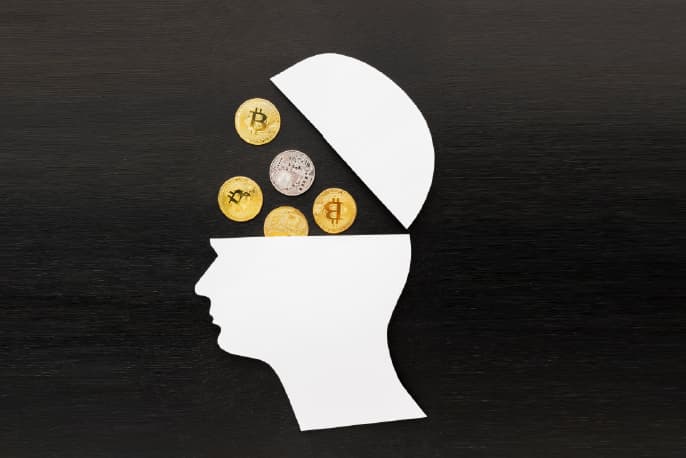Blockchain technology has already proven its transformative potential in the realm of cryptocurrencies. However, its impact extends far beyond digital currencies alone.
Tokenization, the representation of real-world assets, rights, and financial instruments as digital tokens on the blockchain, is emerging as a game-changer in industries like real estate, art, and finance.
In this blog, we will delve into the captivating potential of tokenization and its ability to revolutionize our engagement with assets, ownership, and transactions.
Table Of Contents:
Real-world Asset Tokenization
Imagine a world where investing in real estate, art, or collectibles is not limited to the wealthy few. Tokenization brings this vision to life by allowing investors to purchase fractions of these assets, increasing accessibility and liquidity in the market.
By dividing assets into digital tokens, tokenization enables fractional ownership and facilitates secure, transparent buying and selling processes. With reduced reliance on intermediaries, transaction costs can be minimized, making these traditionally exclusive markets more inclusive.
Rights and Tools Tokenization
Beyond tangible assets, tokenization also opens up new possibilities for representing rights and utilities on the blockchain.
Tokenizing rights and services introduce transparency and accountability to sectors like governance and voting, fundamentally transforming the way these operations are carried out. By leveraging tokens, one can establish a system where voting rights, membership benefits, and service access can all be represented digitally.
This breakthrough opens doors to groundbreaking business models such as subscription-based services or flexible pay-as-you-go arrangements.
Financial Instrument Tokenization:
Traditional financial instruments, including stocks, bonds, and derivatives, are not exempt from the transformative power of tokenization. By digitizing these instruments on the blockchain, tokenization enables their seamless trading on decentralized exchanges.
This creates greater liquidity, accessibility, and efficiency in the market. Real-time settlement, lower transaction costs, and automated regulatory compliance are just some benefits that tokenized financial instruments offer.
While tokenization promises tremendous potential, it does come with challenges that must be addressed. Compliance with varying regulations across jurisdictions poses a significant hurdle.
Each region has its own stance on tokenizing assets and financial instruments, requiring careful navigation.
Additionally, robust security measures are essential to prevent fraudulent activities, such as creating counterfeit tokens or instances of double-spending. Overcoming these challenges is crucial to unlock the benefits of tokenization fully.
Conclusion
Tokenization represents the future of blockchain beyond cryptocurrencies. Its ability to digitize real-world assets, rights, and financial instruments brings unparalleled accessibility, liquidity, transparency, and accountability to various industries.
While challenges exist, the potential rewards are enormous. As more industries embrace blockchain technology, tokenization will play a central role in reshaping how we interact with assets, ownership, and transactions.
The tokenization era is upon us, and its transformative power is set to redefine how we perceive ownership and the possibilities of the digital age.




























